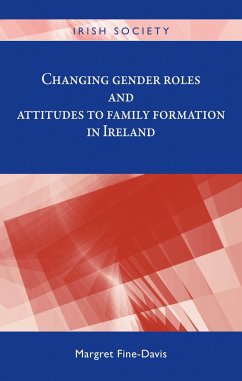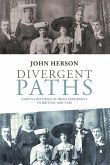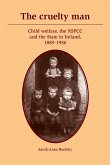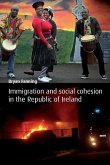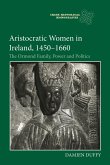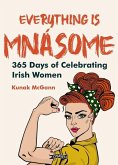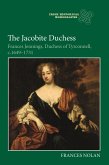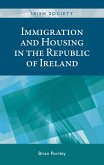The last few decades have witnessed major changes in gender roles and family patterns in Ireland and the rest of Europe, accompanied by a fall in birth rates. While the traditional family is now being replaced in many cases by new family forms, we do not know the reasons why people are making the choices they are and whether or not these choices are leading to greater well-being. Demographic research has attempted to explain the new trends in family formation and fertility, yet there has been relatively little scholarly investigation into people's attitudes to having children. This book presents the results of the first major study examining attitudes to family formation and childbearing in Ireland. Based on a nationwide representative sample of 1,404 men and women in the childbearing age group, the study was carried out against a backdrop of changing gender-role attitudes and behaviour as well as significant demographic transformation. Changing gender roles and attitudes to family formation in Ireland will be an invaluable resource to courses in the sociology of the family, gender studies, social psychology and contemporary Irish studies. By presenting quantitative data in an accessible form, as well as rich qualitative material, it will also provide a valuable case study for courses on research methods in social research.
Hinweis: Dieser Artikel kann nur an eine deutsche Lieferadresse ausgeliefert werden.
Hinweis: Dieser Artikel kann nur an eine deutsche Lieferadresse ausgeliefert werden.

